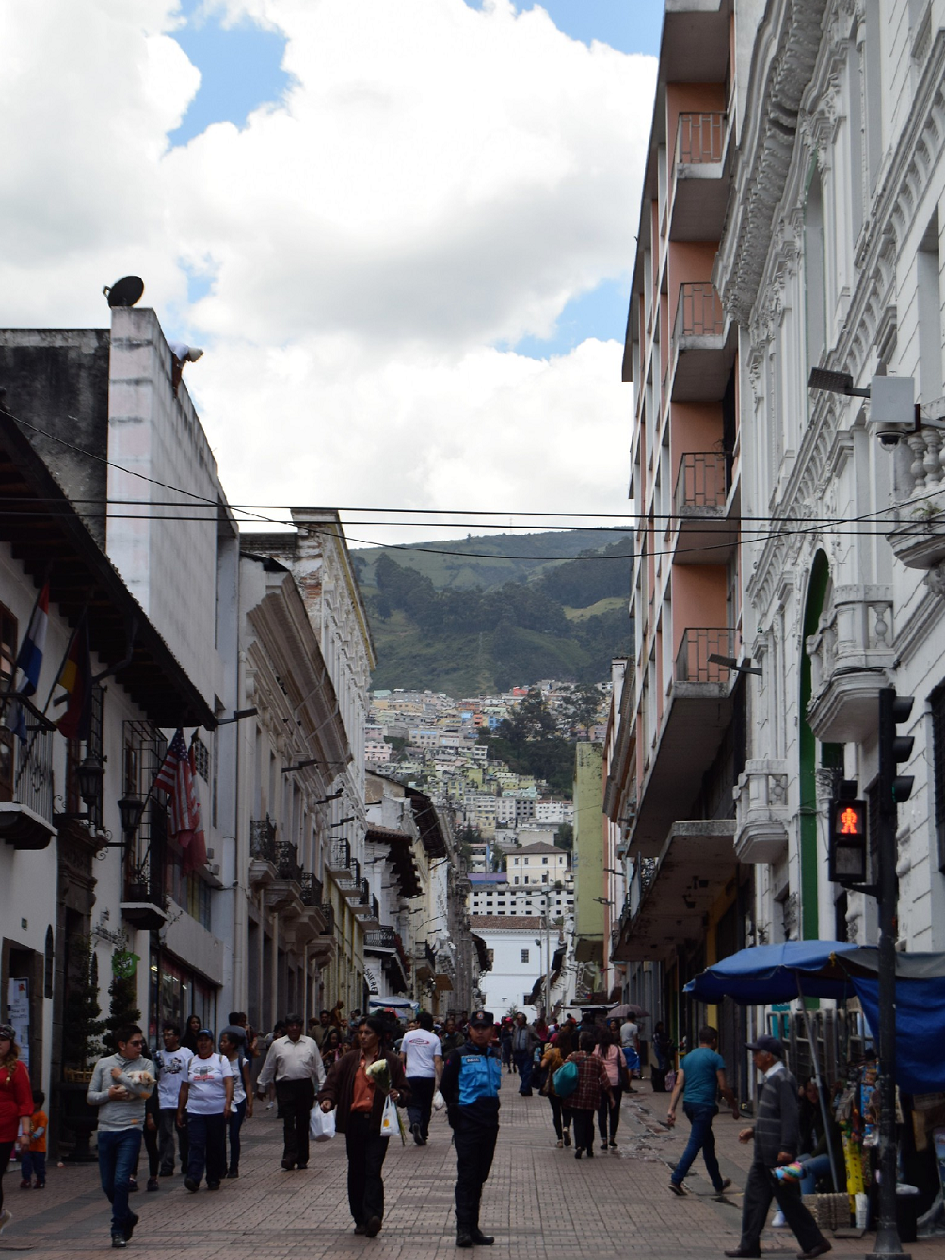Assessing the economic and social impact of COVID-19 in Ecuador
Background
The COVID-19 pandemic has resulted in an international crisis affecting vulnerable population groups more than others. As a result, the pandemic is reinforcing inequalities, and the impact is likely to be more severe in unequal societies such as in Latin America. The economic cost of the crisis is also likely to be larger in countries like Ecuador, which was facing challenging economic conditions prior to the pandemic due to low commodity prices.
Description
The aim of this project is to investigate the distributional effects of COVID-19 in Ecuador and the role of tax–benefit policy interventions in mitigating the impact of the crisis during the first wave of the pandemic.
The project will make use of household survey data from December 2019, capturing the pre-crisis labour market situation, and from May/June 2020, capturing the situation during the first wave of the pandemic. ECUAMOD, the tax–benefit microsimulation model for Ecuador, will be used to implement a decomposition approach aiming to quantify the distributional effects of: (i) earnings losses due to COVID-19, (ii) pre-crisis tax–benefit policies (i.e. automatic stabilizers), and (iii) COVID-related tax–benefit measures implemented by the government.
Outputs
Results of the project have appeared as a WIDER working paper:The role of automatic stabilizers and emergency tax–benefit policies during the COVID-19 pandemic in Ecuador.
Additionally, the research findings will be disseminated in a WIDER Policy Brief.
Team member
H. Xavier Jara
Research Fellow - University of Essex

Start date
25 Nov 2020
End date
31 Jan 2021
Funder
UNU-WIDER (SOUTHMOD)
Data source
- EUROMOD
